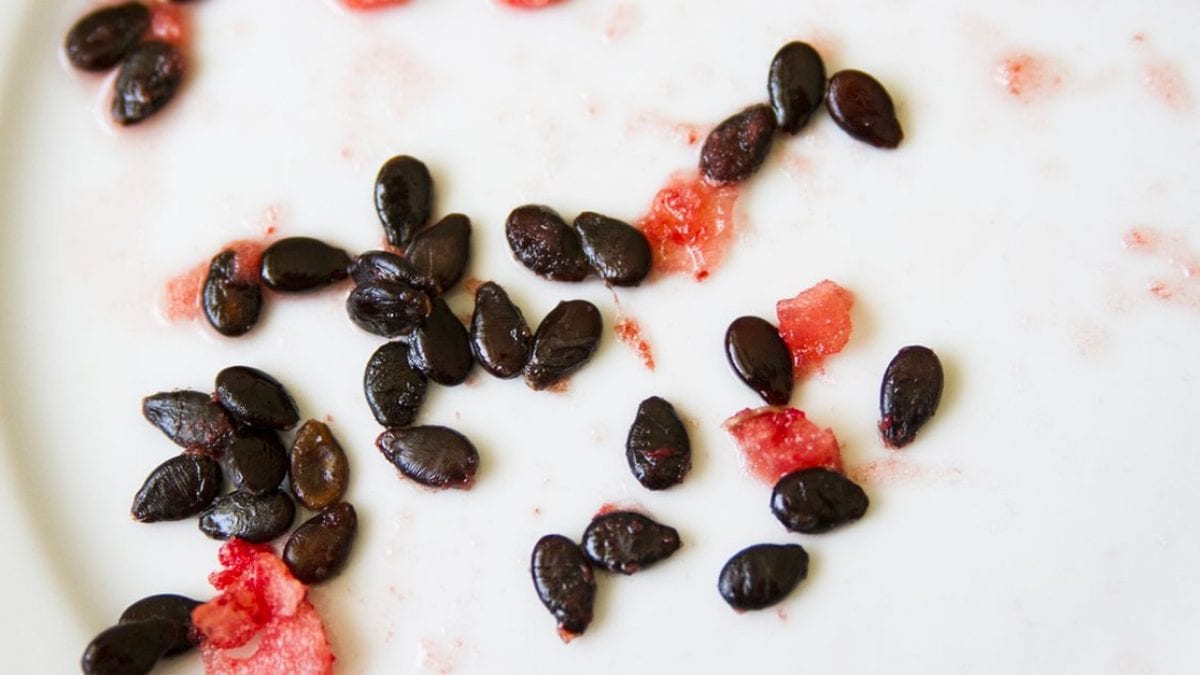
Watermelon is a favorite summer fruit, known for its refreshing and hydrating properties. While most people enjoy the juicy flesh, watermelon seeds are often discarded or spat out. But can you eat watermelon seeds? The straightforward answer is yes. Infact, they can be a valuable addition to your diet.
Nutritional Value of Watermelon Seeds
Watermelon seeds are surprisingly nutritious. Whether you eat them together with watermelon or prepare them separately, they offer a range of vitamins and minerals that can contribute to a healthy diet.
Watermelon seeds are a good source of plant-based protein, which is essential for muscle repair and growth. A one-ounce serving contains approximately 8 grams of protein. They contain beneficial fats, including omega-6 fatty acids, which are important for brain function and cell growth. Watermelon seeds are rich in essential nutrients such as magnesium, iron, zinc, and folate. These seeds also contain antioxidants like vitamin E, which help protect the body from oxidative stress and inflammation.

Benefits of Eating Watermelon Seeds
The healthy fats and magnesium found in watermelon seeds can support cardiovascular health. Omega-6 fatty acids help maintain healthy cholesterol levels, while magnesium is known to regulate blood pressure and support heart function. Moreove, the fiber content in watermelon seeds aids in digestion by promoting regular bowel movements and preventing constipation. Consuming these seeds can help maintain a healthy digestive system.
Zinc and other antioxidants in watermelon seeds can strengthen the immune system. Zinc plays a vital role in immune response, and antioxidants help protect cells from damage. Vitamin E and healthy fats in watermelon seeds contribute to skin and hair health. Vitamin E is known for its skin-nourishing properties, while the fats help maintain skin hydration and elasticity.

Potential Risks and Considerations
While watermelon seeds are healthy, consuming them in large quantities can lead to digestive issues due to their fiber content. Moderation is important to avoid any gastrointestinal discomfort. Furthermore, it is important to note that they can pose a choking hazard particularly in children.
Lastly, although rare, some individuals may have an allergy to watermelon seeds. If you experience any adverse reactions, discontinue consumption and consult a healthcare professional.
;Resize,width=767;)
